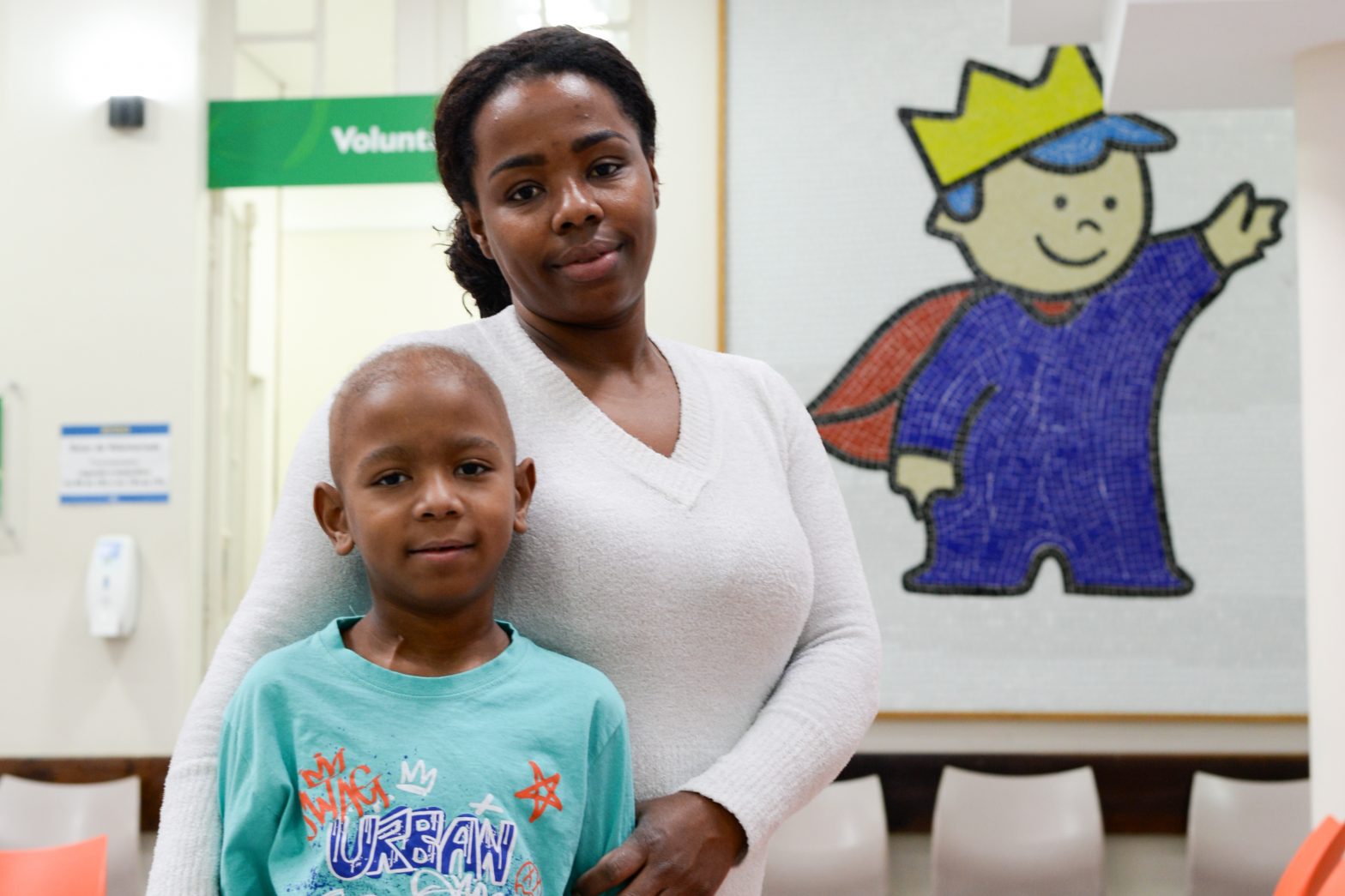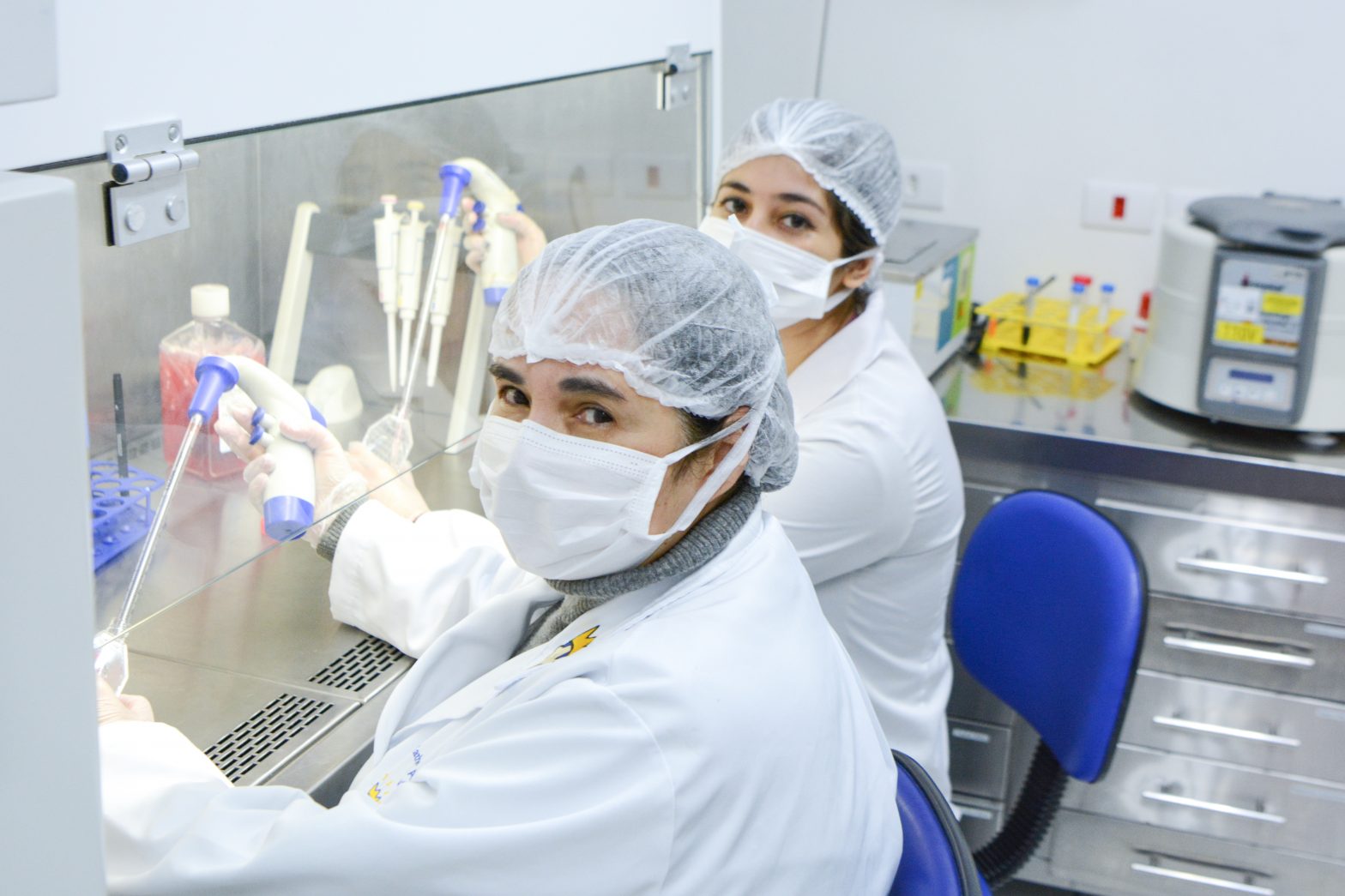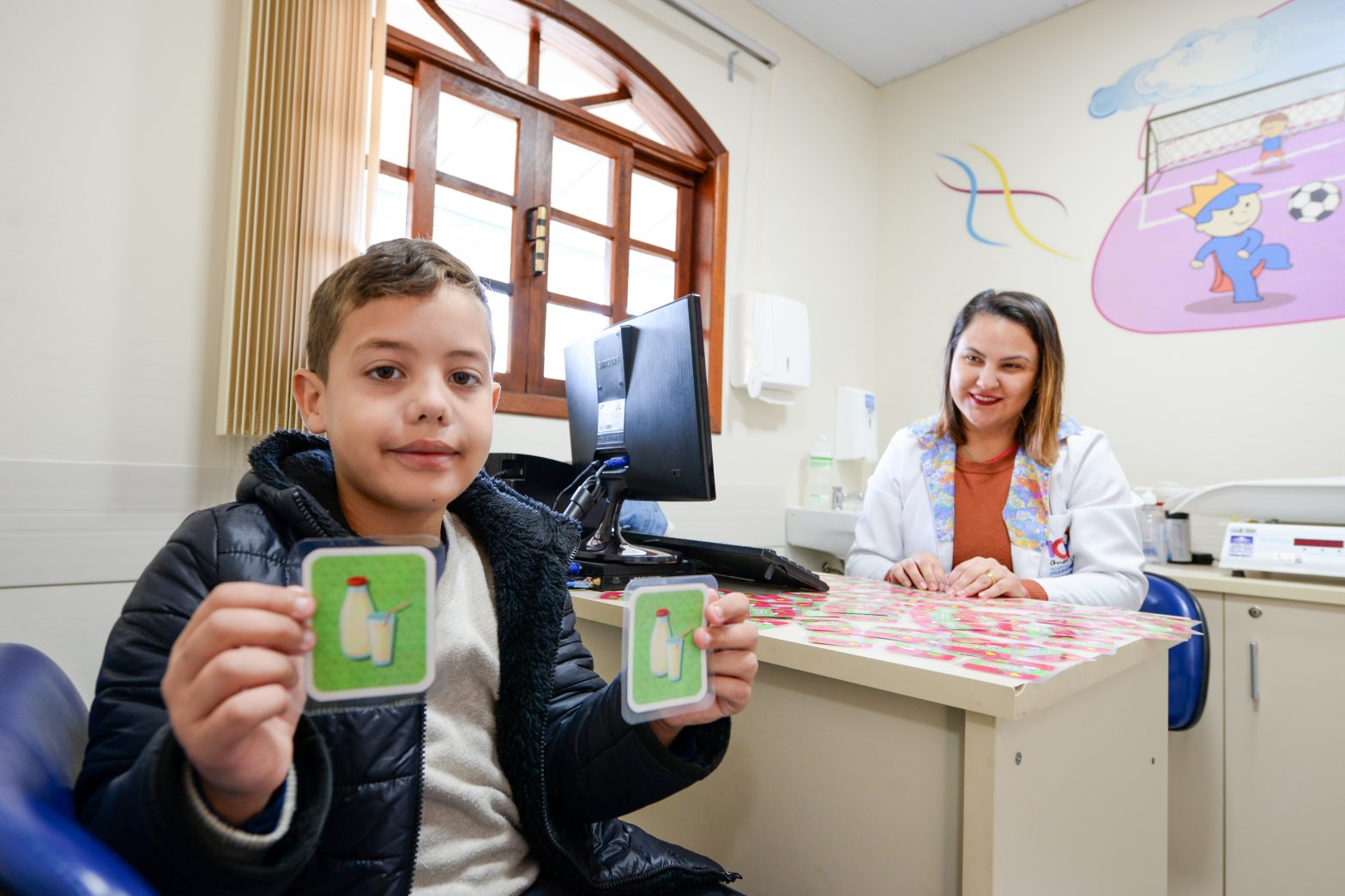Pequeno Príncipe discusses culture of donation at the MROSC seminar
The event was part of the G20’s agenda of activities to strengthen discussions on partnerships between public administration and civil society organizations
The Pequeno Príncipe Complex was present at the 3rd International Seminar on the Regulatory Framework for Civil Society Organizations (MROSC): Transformative partnerships for a fair and sustainable world. The aim was to discuss and seek advances in cooperation between civil society organizations (CSOs) and public administration in Brazil, boosting the country’s development.
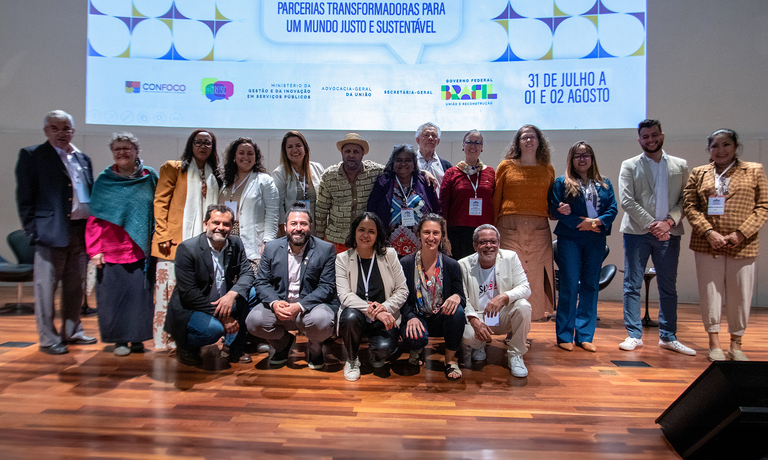
Thelma Alves de Oliveira, special advisor to the Hospital’s board of directors, who also works as advisor to the Brazilian National Council for Development and Collaboration (Confoco, abbreviation in Portuguese), had an active voice in the panel on “Promoting the culture of donation and allocation of resources.” Coordinated by Andrea Wolffenbuttel (from the Movement for a Culture of Donation/Confoco), the topic was also discussed by Fernando Nogueira (Brazilian Association of Fundraisers), Flávia Fialho (Ministry of Health), Thiago Alvim (Prosas Platform), Odecir Prata (Ministry of Culture), and Eszter Hartay (European Center for Not-for-Profit Law Stichting, from Hungary).
The moment also favored the identification of bottlenecks for the donation culture, as well as discuss actions to promote the allocation of resources via Income Tax Waiver. In addition, strategies were discussed to expand the culture of donation in Brazil and how to involve players who are not incredibly involved in strengthening CSOs, as a way of citizen participation.
Thelma began her speech by highlighting the importance of all forms of donation, not just financial. “People donate time, they donate presence, they donate knowledge, this is a great wealth.” She explained that tax waiver is a powerful mechanism for everyone involved. “It’s a win-win game. It is good for the State, because it expands and improves the execution of public policies; it is good for the citizen, who participates in the implementation of these policies and can carry out social control; and it is good for the organization, which can carry out its work with more resources,” said the advisor. She also defended the expansion of tax exemption laws in the health sector, beyond cancer and disability, covering all specialties and geographic areas with assistance needs.
Coordinator Rodrigo Bonfim, also a Confoco advisor, shared knowledge and exchanged experiences in the panel “Perspectives for simplifying certification processes and access to tax immunities.” He joined Janaina Rodrigues, from Brazilian Bar Association – São Paulo Section; Márcia Carvalho, from National Federation of APAEs; Edgilson Tavares, from Ministry of Development and Social Assistance, Family, and Fight Against Hunger; Sonires Barbosa, from the Ministry of Health; Alexandre Augusto, from the Ministry of Education; and Elaine Bestwina, from the Marist Union of Brazil (Umbrasil, in Portuguese) to discuss tax immunity, which is a negative form of jurisdiction described in the Federal Constitution itself, which brings about situations that cannot be subject to taxation. The objective is to guarantee social and fundamental rights, such as access to culture and political democracy, as well as freedom of religion and expression.
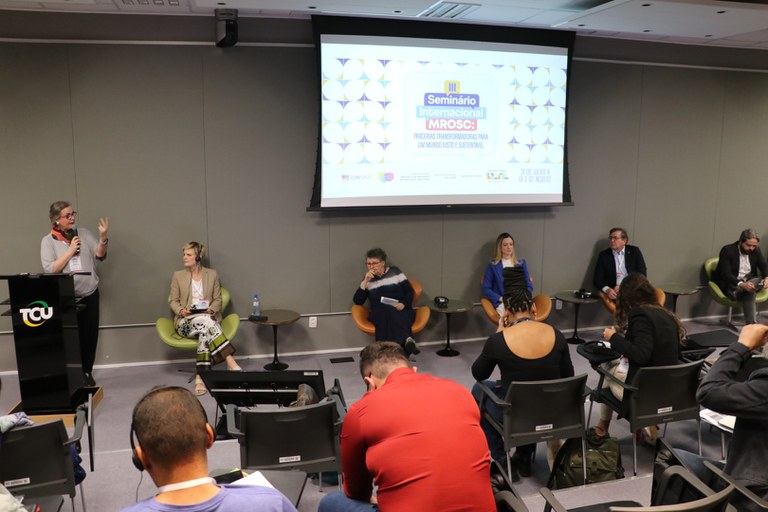
About the III MROSC International Seminar
Held in Brasília, on July 31st and August 1st and 2nd, the event featured lectures given by CSO leaders and government representatives; discussion round tables and panels with national and international experts; practical workshops for training and in-depth discussions; partner booths and networking opportunities; and presentation of studies on specific topics. They were extraordinarily rich spaces for discussion, which also dealt with the analysis of the current political and institutional context; combating the process of bureaucratic criminalization of organizations; and proposals to strengthen civil society participation in the execution of public policies.
A decade after the last edition, the seminar was part of the G20’s agenda of activities to strengthen discussions on partnerships between public administration and civil society organizations. The Group of Twenty is an international economic cooperation forum created in 1999 and made up of 19 countries, including developed and emerging nations, and the European Union. Its purpose is to strengthen the international economy and discuss critical themes for global socioeconomic development, such as international trade, agriculture, energy sources, and the environment. The G20 meetings are called summits and are held every year.
More
Pequeno Príncipe reaches the milestone of 500 bone marrow transplants
The Hospital is a national reference in the procedure, and around 30% of transplants performed at the institution are for rare diseases
Research seeks to develop new treatment for Alzheimer’s
Ranked in fifth place among the 204 registered, the project was approved by the Brazilian governmental agency Finep and will receive financing of US$ 2.06 million
Health education actions empower children and caregivers to self-care
Chronic patients are especially benefited by the actions, which seek to adapt the guidelines to an easy-to-understand language


